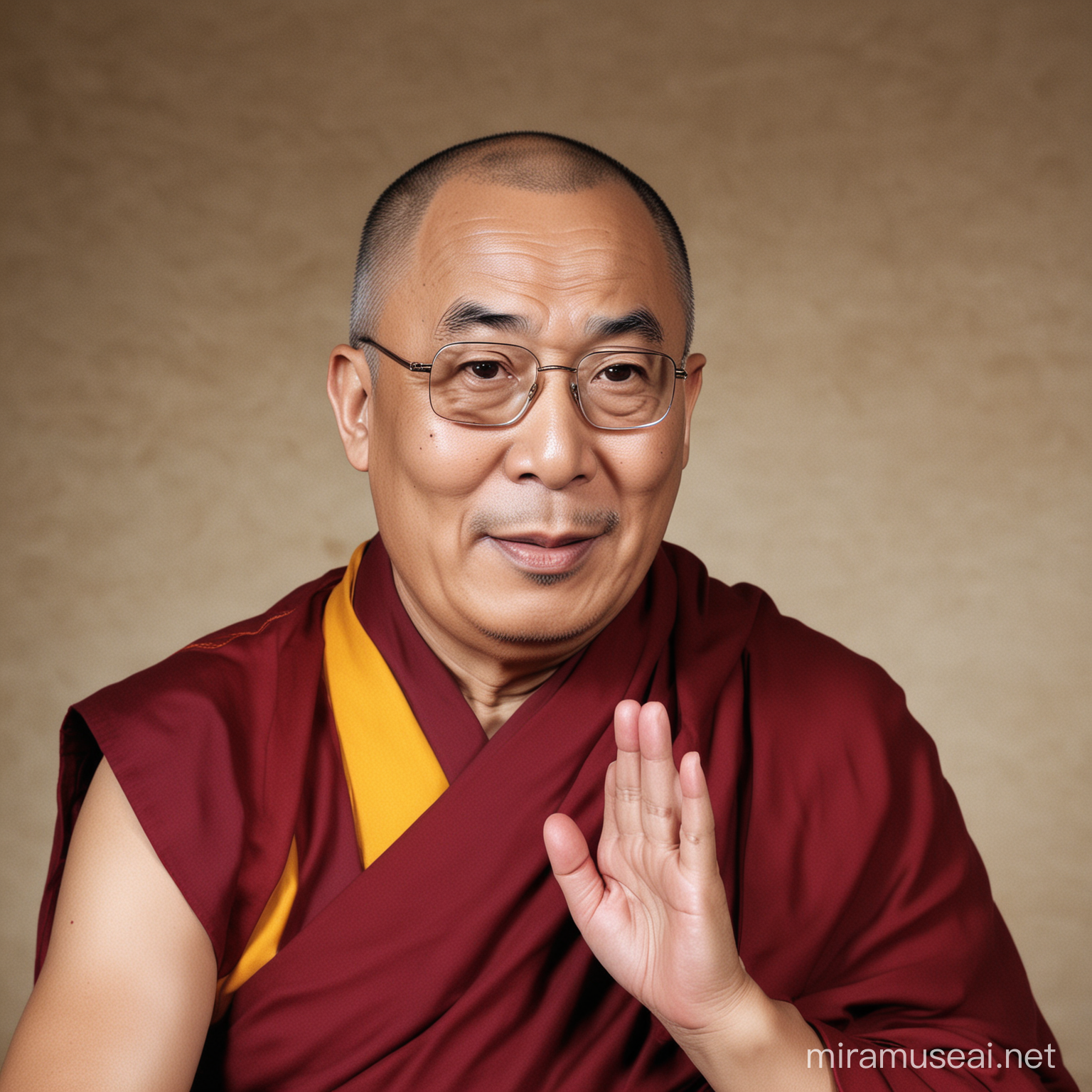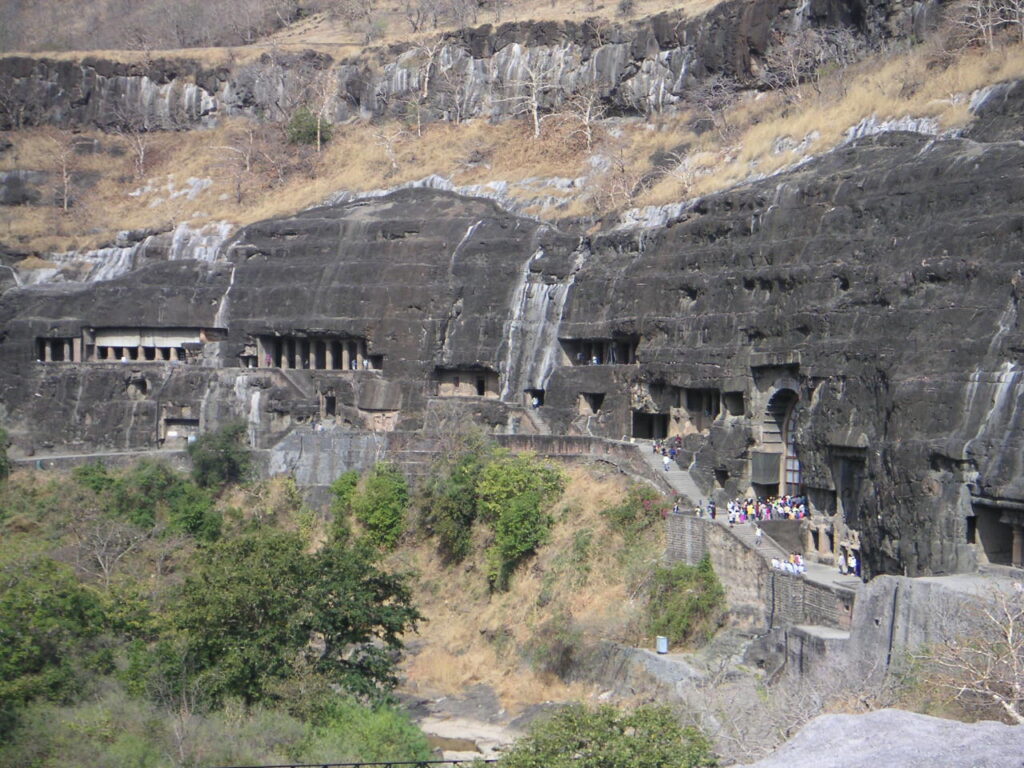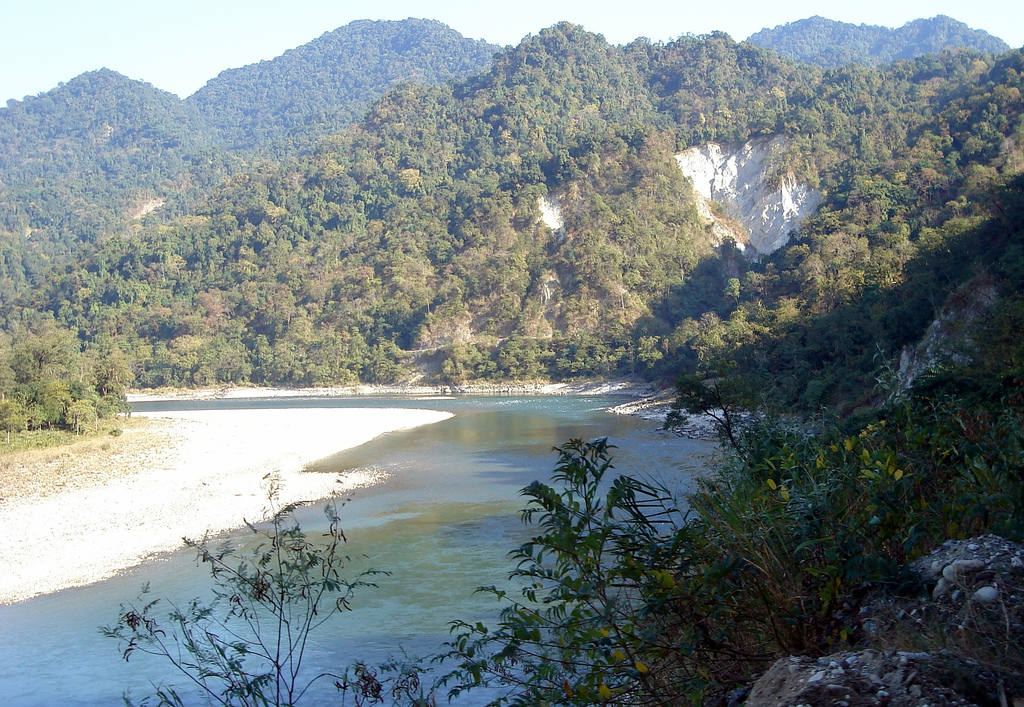The Dalai Lama is a prominent spiritual leader known worldwide for his teachings on compassion, wisdom, and peace. As the spiritual leader of Tibetan Buddhism, he has played a significant role in promoting Tibetan culture and advocating for the rights and autonomy of the Tibetan people. In this comprehensive exploration of the Dalai Lama, we will delve into his life, teachings, contributions, and the broader impact of his leadership on both Tibet and the global community.
Early Life and Recognition as the Dalai Lama
The Dalai Lama, whose birth name is Tenzin Gyatso, was born on July 6, 1935, in the small village of Taktser in northeastern Tibet. At the age of two, he was recognized as the reincarnation of the 13th Dalai Lama, Thubten Gyatso, following Tibetan Buddhist traditions of recognizing reincarnate lamas, or spiritual leaders. He was enthroned as the spiritual and temporal leader of Tibet at the age of five in a ceremony held in Lhasa, the traditional seat of Tibetan governance and Buddhism.
Education and Training
From a young age, the Dalai Lama received a rigorous education in Buddhist philosophy, meditation, and Tibetan culture under the guidance of eminent scholars and tutors. His early years were marked by intense study and spiritual training, preparing him for his future role as the leader of Tibet. Despite the challenges of Chinese occupation in Tibet, the Dalai Lama continued his studies and deepened his understanding of Buddhist principles.
Chinese Occupation and Exile
In 1950, when the Dalai Lama was just fifteen years old, the Chinese People’s Liberation Army invaded Tibet, claiming it as part of China’s territory. This event marked the beginning of a tumultuous period for Tibetans, as Chinese authorities sought to exert control over Tibet’s political and religious institutions. In 1959, following a failed Tibetan uprising against Chinese rule, the Dalai Lama was forced into exile in India, where he has resided ever since.
Advocacy for Tibetan Autonomy and Nonviolence
Throughout his life, the Dalai Lama has been a steadfast advocate for the rights of Tibetans and the preservation of Tibetan culture, language, and religion. He has consistently called for meaningful autonomy for Tibet within the framework of the Chinese constitution, seeking a Middle Way Approach that avoids extremism and violence. His approach emphasizes dialogue, nonviolence, and mutual respect in resolving the Tibet issue, garnering international support and recognition for the Tibetan cause.
Teachings and Philosophy
Central to the Dalai Lama’s teachings is the promotion of compassion, kindness, and universal responsibility as the foundations for a more peaceful and harmonious world. Drawing from Buddhist philosophy and modern scientific insights, he emphasizes the interconnectedness of all beings and the importance of cultivating inner peace and ethical conduct. His teachings on mindfulness, meditation, and emotional well-being have resonated with people from diverse backgrounds, inspiring millions to lead more meaningful and compassionate lives.
Interfaith Dialogue and Global Engagement
Beyond his role within Tibetan Buddhism, the Dalai Lama is renowned for his efforts in promoting interfaith dialogue, fostering understanding among different religious traditions, and advocating for religious harmony. He has engaged in dialogues with leaders and scholars from various religions, emphasizing shared values of love, compassion, and respect across religious boundaries. His message of secular ethics based on universal human values has gained traction in educational institutions and social organizations worldwide.
Nobel Peace Prize and International Recognition
In 1989, the Dalai Lama was awarded the Nobel Peace Prize in recognition of his nonviolent struggle for the liberation of Tibet and his efforts to promote a peaceful resolution to the Tibet issue. The Nobel Committee praised his consistent advocacy for peace, human rights, and dialogue, highlighting his global impact as a spiritual leader and peacemaker. The award elevated his profile on the international stage and drew attention to the plight of Tibetans under Chinese rule.
Legacy and Future Directions
As the Dalai Lama advances in age, discussions about his succession and the future leadership of Tibetan Buddhism have gained attention. He has expressed his support for democratic reforms within the Tibetan community, including the process of selecting his successor through democratic means rather than traditional methods. This transition poses significant challenges and opportunities for Tibetans as they navigate the complexities of Tibetan religious and political institutions.
Despite challenges posed by Chinese authorities’ opposition to his influence and recognition, the Dalai Lama remains a symbol of resilience, compassion, and spiritual leadership for millions around the world. His teachings continue to inspire individuals, communities, and nations to work towards a more compassionate, inclusive, and peaceful world.
In conclusion, the Dalai Lama’s life and teachings exemplify a profound commitment to compassion, wisdom, and peace amidst adversity. His contributions extend beyond the boundaries of Tibetan Buddhism, resonating with people of diverse backgrounds and cultures. As a beacon of hope and spiritual guidance, the Dalai Lama’s legacy will endure as a testament to the enduring power of compassion and ethical leadership in a complex and interconnected world.






